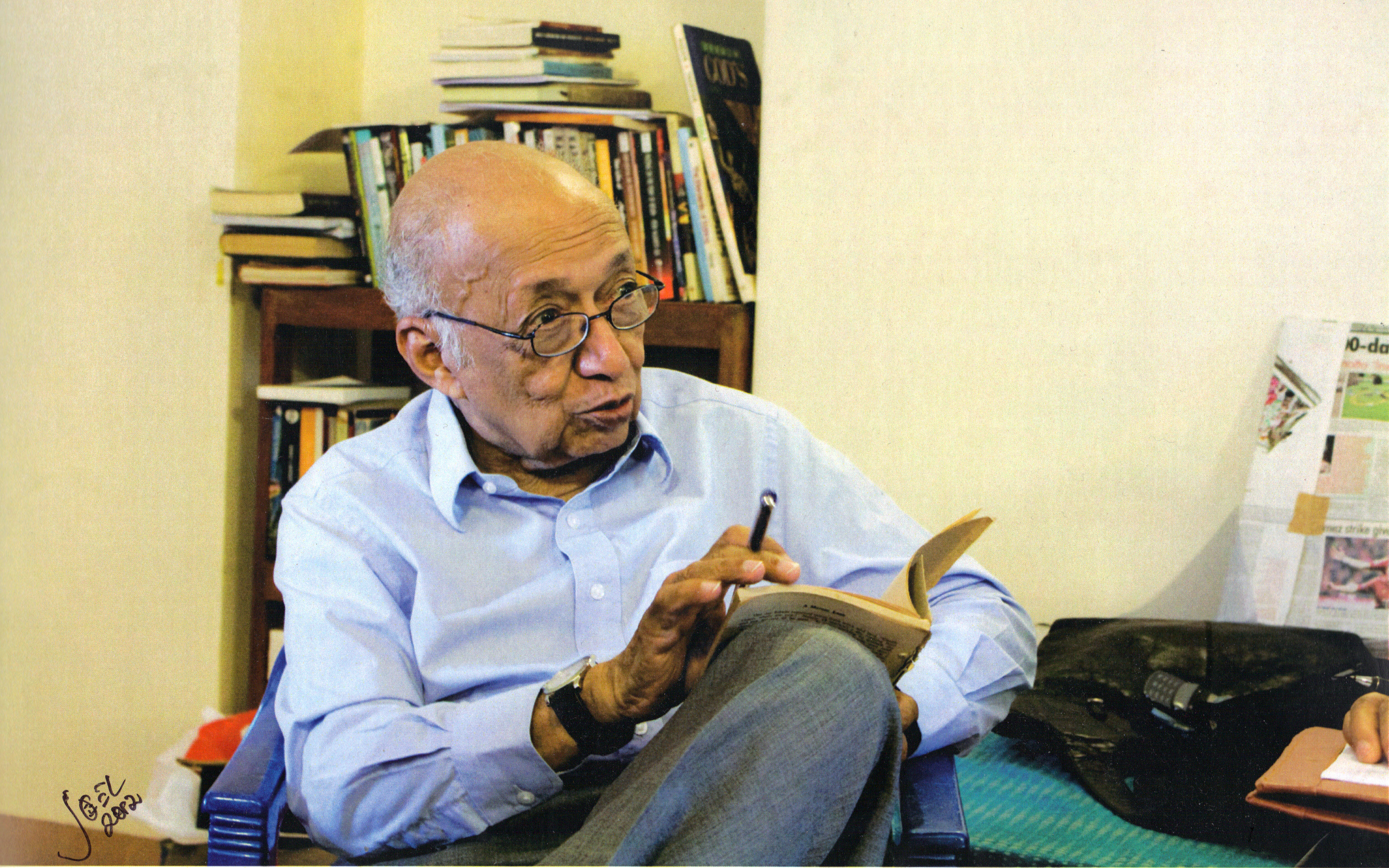All those who valiantly fought for India’s independence……
All those who were sympathetic to this great cause…….
Reflections from Victor Rangel-Ribeiro
Goans were themselves under the clutches of a different colonial power, Portugal, so it’s easy to overlook the very real contributions our people made to India’s independence. Mutinies involving Goans broke out across several parts of the sub-continent, including Bombay, Karachi and other cities. Many of these brave Goans are no longer with us, but their role in India’s freedom struggle is etched in history forever. Prominent Bombay Goans such as Prof. Francisco Correia Afonso, Prof. Armando Menezes and Principal Aloysius Soares all contributed to the cause of Indian independence. Theirs and the deeds of other Goans, a number of whom are still with us today, undoubtedly helped hasten our nation’s independence.
Today, as India commemorates 67 years of Independence from Great Britain, Dr. Charlane Pereira e Rebello contacted Victor Rangel-Ribeiro, an accomplished Goan writer, journalist and musical enthusiast, to learn how he personally supported the struggle for independence as it was taking place.
_____
At 16 years old, Victor Rangel-Ribeiro was among the thousands of Goans who responded to Mahatma Gandhi’s call to Quit India in August 1942. Victor is the Goan-born, award-winning author of the famous novel ‘Tivolem’. He also served in senior positions at some of the top publications of India, including the Times of India, the National Standard (now the Indian Express) and the Illustrated Weekly of India. He is an accomplished musical conductor, with stints leading the International Chamber Orchestra (funded by the Ford Foundation) and the Beethoven Society of New York. His scholarly books on Baroque and chamber music have been widely praised. Among Victor’s proudest accomplishments is his work promoting adult literacy and teaching troubled youngsters. Now an enthusiastic 89-year-old with an infectious zest for life, Victor spoke to me (via email from New Jersey, where he spends much of his time when he’s not in Goa) about his experiences during the independence struggle of India.
From Victor:
We must remember that when the thrust for Indian independence first began gathering momentum in the 1930s, Goans who were in Bombay were there as citizens of the Portuguese empire. For them, colonial rule was a fact of life, something they had been born into; and whatever education they had received in Goa in Portuguese had brainwashed them into thinking of Portugal as their mother country, instead of focusing on Goa as their motherland. The educational system was far different in British India, where the young learnt about Indian history while also being exposed to English political thought. One could not read the works of such men as John Locke, David Hume, John Stuart Mill, and Herbert Spencer without realizing that liberty and freedom were every man’s birthright. So the thrust for independence in India was spearheaded by the intellectual elite. Goan intellectuals in Bombay empathized, but largely stayed aloof; it was not their struggle.
For young Goans of my generation, in Bombay in 1939 for higher education, the situation became further complicated by the outbreak of the Second World War. Naturally our sympathies were with Great Britain and its allies in their life and death struggle against the Axis powers. Calls by the Indian National Congress helped raise our political awareness, but we were not ready to put down our textbooks and take to the streets.
Neither I nor my other Goan friends became seriously involved in pro-independence activities till Mahatma Gandhi’s dramatic Quit India call of August 8, 1942. “Freedom immediately,” the Mahatma said, “this very night—before dawn, if it can be had.” Instead of freedom, the British answered with mass arrests of Indian national leaders, and mass arrests across India. It was then that our conscience became aroused; it was then that we took to the streets in the city, and held rallies on the Esplanade Maidan, and were lathi-charged more than once by the police. When an All-India Youth Congress session was planned for later to demand independence for India, elections were held at St. Xavier’s, and Vincent D’Souza, a fellow Goan student, and I gained the most votes and headed the delegation. But we were all very young—still in our teens, because in those days we had only eight years of school before we entered college—so ours was a symbolic gesture rather than a significant one.
_____
Victor also spoke to me about his 96-year-old sister, Dr. Lyra Rangel-Ribeiro Srinivasan, a native of Porvorim and an internationally renowned specialist in non-formal education and community development. She was very active in the Nationalist Movement that led to India’s Independence. A Mumbai University graduate with doctorate from Harvard University, Dr. Lyra was the Vice-Principal of Central Institute of Education, Delhi University (1948-50). It’s here that she met and married Terence Srinivasan. Later, she migrated to New York and served in the United Nations Department of Social and Economic Development, where she was sent on missions to many countries. She devised SARAR, a participatory approach for building human capacity and empowering communities, for which she received worldwide recognition. She also led SARAR workshops in Europe, North and South America, Africa and Asia, including Goa. At present, she lives in New Jersey. She’s in frail health, so Victor took the liberty of speaking about her own noteworthy contributions to Indian independence.
From Victor:
My sister Lyra, seven years my senior, did play a significant role. She was a Congress Party member, with close ties to the powerful Congress leaders K. M. and Lilavati Munshi. She had been perhaps the only Goan Catholic woman to consistently wear a sari at that time, and she had learnt to spin cotton and taken to wearing khaddar. More importantly, she became involved in organizing local political rallies and protests and preparing and clandestinely putting up Quit India posters. These activities forced her to live apart from the family and go into hiding for several months as the police now began looking for her.
On this 67th Independence Day, as the ranks of the original fighters are thinned by time and age, it’s a good opportunity to say thank you to Victor and Lyra and all the other Goans who made a stand for freedom.




